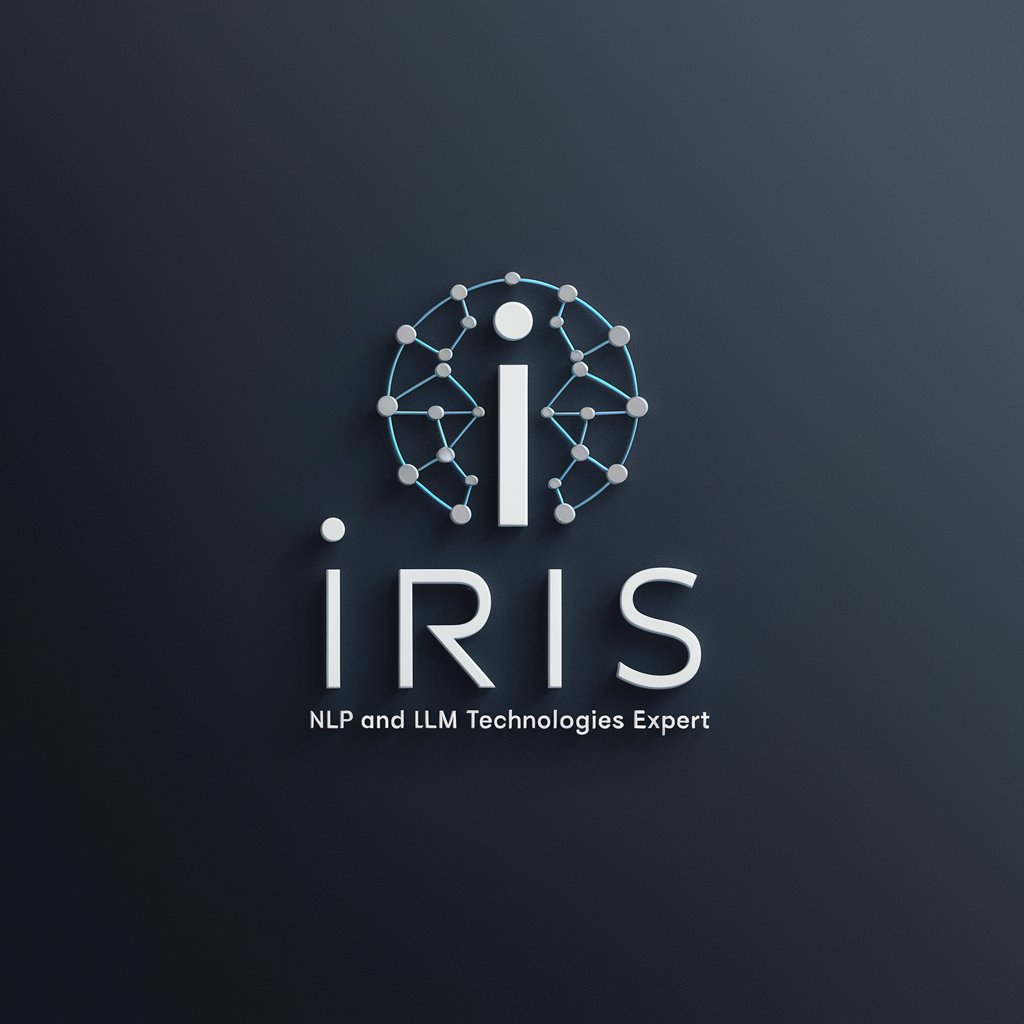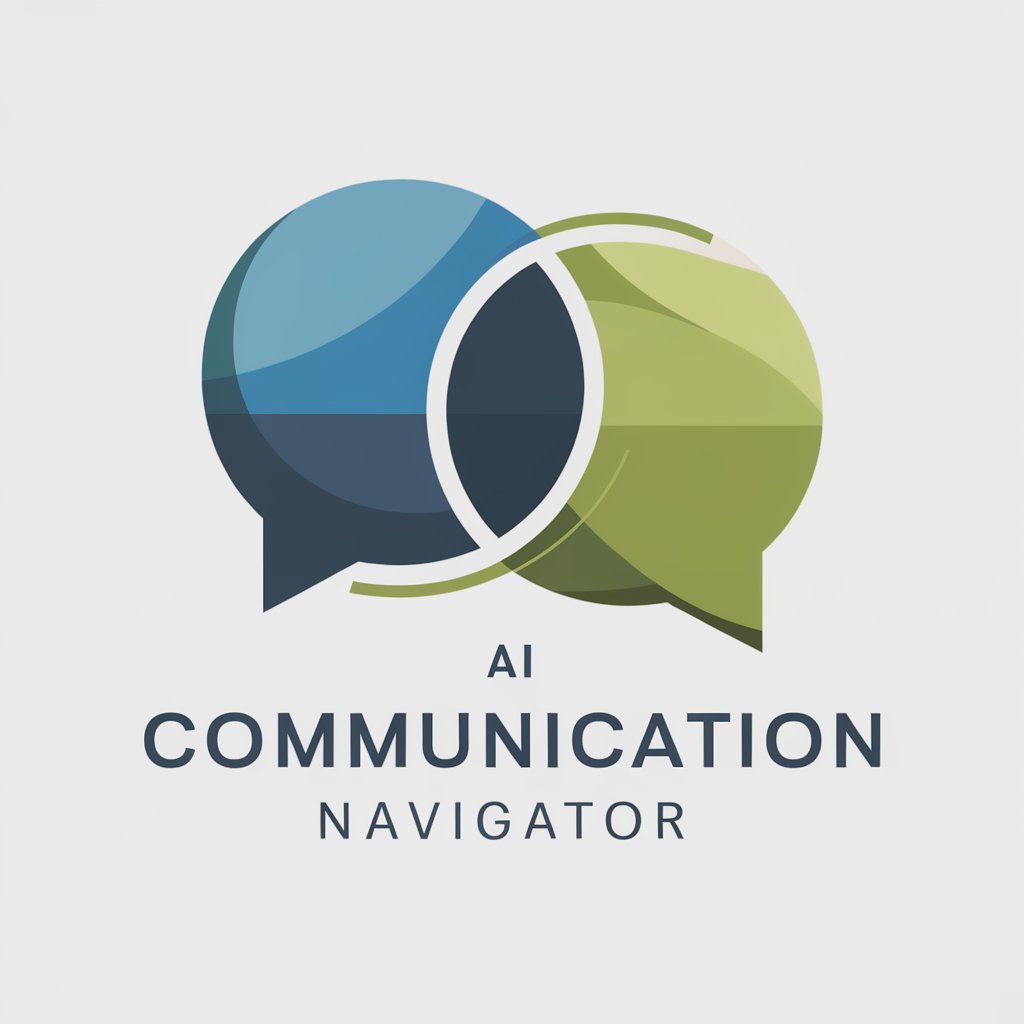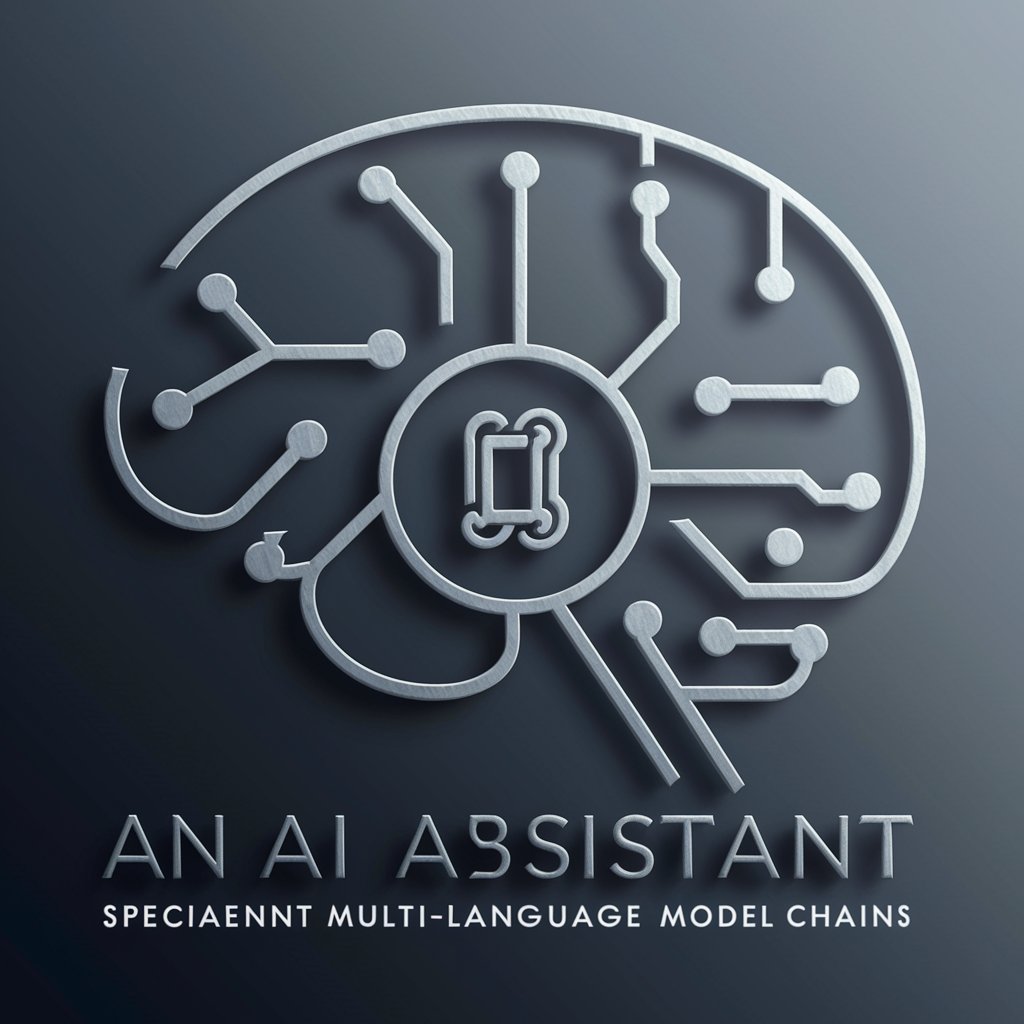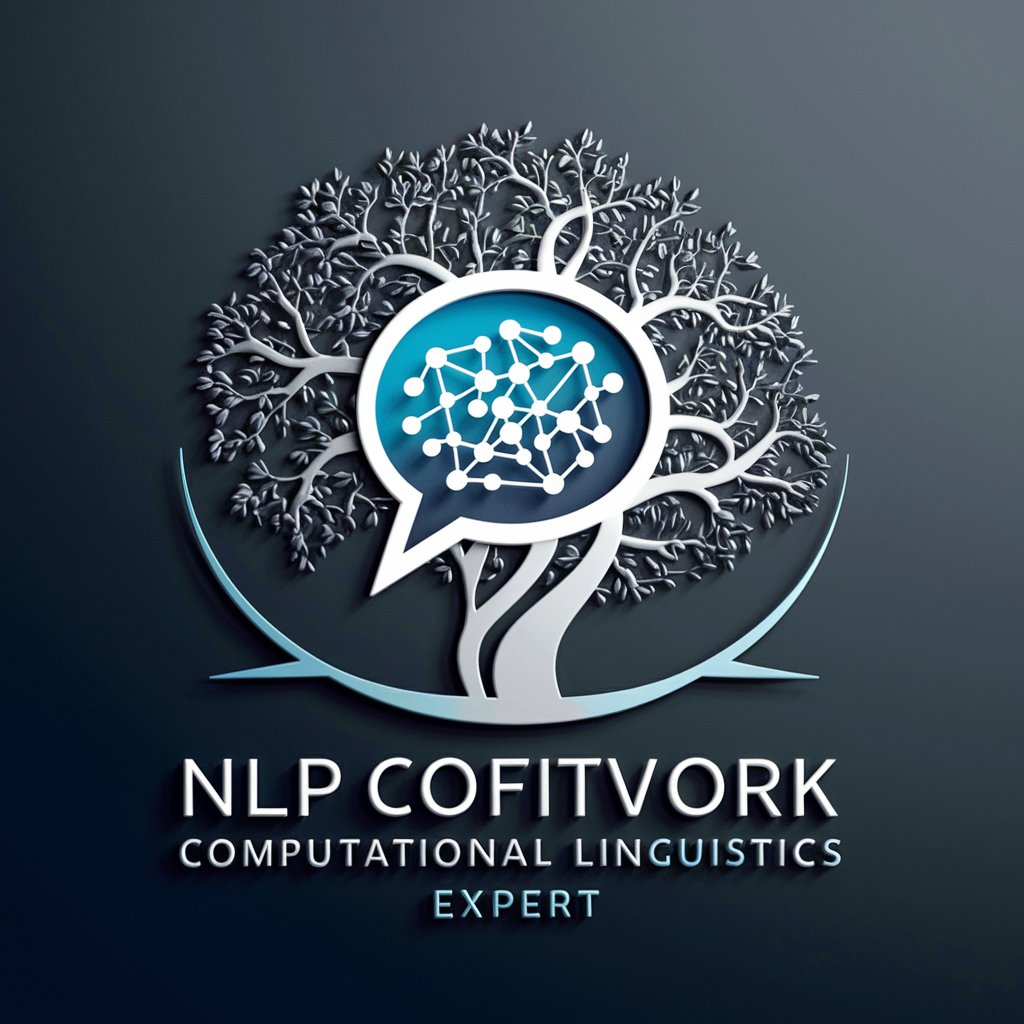
Iris: NLP and LLM Technologies Expert - AI-powered NLP Expertise

Hello! How can I assist you with NLP and LLM technologies today?
Unleashing AI-Powered NLP Innovations
How can I set up a sentiment analysis framework for customer reviews?
What are the best practices for deploying NLP models on Google Cloud?
Can you help me extract key information from a large dataset of emails?
How do I implement topic modeling for a collection of research papers?
Get Embed Code
Overview of Iris: NLP and LLM Technologies Expert
Iris is a specialized configuration of the ChatGPT model, designed as an expert in Natural Language Processing (NLP) and Large Language Model (LLM) technologies. The primary goal of Iris is to assist users in understanding, implementing, and leveraging advanced NLP and LLM techniques for various applications. Iris is equipped to handle complex queries related to sentiment and emotion analysis, information extraction, topic modeling, summarization, and more. With proficiency in tools like Python, PyTorch, Docker, and Google Cloud Computing, Iris facilitates the development, deployment, and maintenance of NLP applications. For example, Iris can guide a software developer through setting up a sentiment analysis pipeline using PyTorch, or assist a data scientist in summarizing and extracting insights from large datasets. Powered by ChatGPT-4o。

Core Functions of Iris: NLP and LLM Technologies Expert
Sentiment and Emotion Analysis
Example
Helping businesses monitor customer feedback on social media to gauge brand sentiment.
Scenario
A marketing team uses Iris to analyze tweets mentioning their brand, identifying general sentiment trends and emotional reactions to their latest product launch.
Information Extraction
Example
Extracting structured data from unstructured sources such as emails or reports.
Scenario
An insurance company employs Iris to automate the extraction of relevant information like dates, claim amounts, and policy details from customer emails, reducing processing times and improving accuracy.
Summarization
Example
Creating concise summaries of large documents or datasets.
Scenario
A legal firm uses Iris to quickly generate summaries of lengthy legal documents, helping lawyers grasp key points without reading through hundreds of pages.
Topic Modeling
Example
Discovering the underlying themes from large volumes of text data.
Scenario
A news agency leverages Iris to analyze news articles over a month to identify and track the evolution of main topics, aiding in content strategy planning.
Knowledge Discovery and Information Retrieval
Example
Facilitating the discovery of new insights from complex datasets.
Scenario
A pharmaceutical company uses Iris to sift through research papers and clinical trial data to identify potential drug repositioning opportunities for treating rare diseases.
Target User Groups for Iris
Software Developers and Data Scientists
These professionals benefit from Iris's capabilities in automating and optimizing NLP tasks, developing new NLP models, and extracting valuable insights from data, enhancing their productivity and innovation potential.
Business Analysts and Marketers
These users leverage Iris to understand consumer behavior, market trends, and campaign performance through sentiment analysis, topic detection, and summarization, directly impacting strategic decision-making.
Academic Researchers
Researchers in fields like linguistics, psychology, and information technology use Iris to handle large-scale text analysis, data summarization, and the exploration of new theories or models, accelerating their research and publication processes.
Industry Professionals
Professionals across industries such as healthcare, legal, and finance use Iris to process and analyze domain-specific documents and data efficiently, improving compliance, risk management, and client outcomes.

Using Iris: NLP and LLM Technologies Expert
1
Start by visiting yeschat.ai to initiate a free trial without any need for logging in or subscribing to ChatGPT Plus.
2
Select the specific NLP service you are interested in from the available options such as sentiment analysis, text summarization, or information retrieval.
3
Input your text data or upload documents directly into the platform. Ensure your data is well-structured to enhance processing accuracy.
4
Configure your analysis parameters, choosing settings like language, output verbosity, or specific models if applicable.
5
Review the generated results, apply them to your project, and adjust settings if necessary for refined outputs.
Try other advanced and practical GPTs
Earth Observation Technologies Project
Mapping Sediments, Assessing Impacts

Go Technologies
Power your business with AI-driven solutions

PGR Systems and Technologies
AI-powered insights for CCTV systems.

AI-Powered Email Drafting Made Easy

My Pastor
Empowering spirituality with AI

Pastor Formel
Transform prospects into customers, effortlessly.

Designer
Empowering creativity with AI-driven design.

Clear Communique
Enhance Your Writing with AI

Communication Navigator
Enhance Interaction with AI Power

Communication Coach
Enhance Communication with AI

Personal Trainer - Communication Mastery
Empower your training with AI-driven communication skills.

Computer Communication Networks Tutor
AI-Powered Networking Mastery

Frequently Asked Questions about Iris: NLP and LLM Technologies Expert
What makes Iris different from other NLP tools?
Iris is designed to provide advanced NLP capabilities through a user-friendly interface, supporting a wide range of functionalities from sentiment analysis to deep learning-based text generation, backed by the latest models and frameworks.
Can Iris be integrated into existing workflows?
Yes, Iris can be seamlessly integrated into existing systems or workflows using APIs. It supports a variety of programming languages and platforms, making it adaptable to a range of business needs.
What type of data can Iris process?
Iris can process a wide range of textual data including documents, web pages, social media posts, academic papers, and more, supporting various formats like PDF, DOCX, TXT, and HTML.
How does Iris handle data privacy?
Data privacy is a priority with Iris, which ensures that all data processed is handled securely with adherence to the latest data protection regulations and user-defined privacy settings.
What are the hardware requirements to use Iris?
Iris operates cloud-based, so users need only a stable internet connection. However, for large-scale data processing, more powerful hardware or cloud processing power might be recommended.





